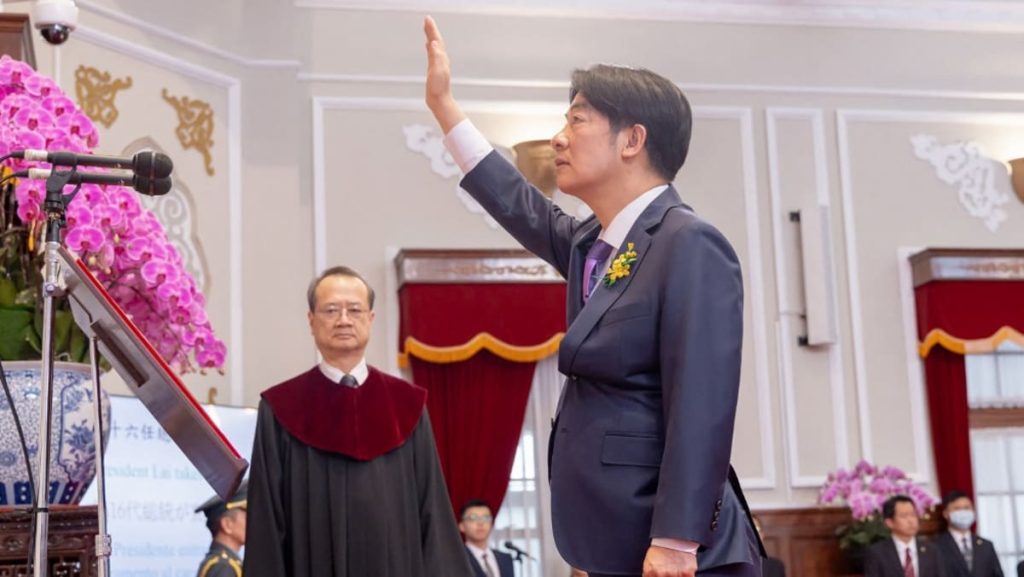Taipei, lacking diplomatic recognition on the world stage, operates as an autonomous entity with its own government, military, and currency. The majority of its 23 million residents identify as Taiwanese rather than Chinese. Following the lead of President Tsai, the newly inaugurated Premier Lai is expected to increase defense spending and strengthen relationships with key allies like the United States, Taiwan’s primary weapons supplier. However, Beijing has expressed concerns regarding Taiwan’s independence, stating that the two are like “water and fire”.
Lai has expressed a desire to resume high-level communications with China, which were interrupted in 2016 when Tsai came into power. The experts, however, believe that China is likely to reject these overtures, as they are wary of Taiwan’s potential independence declaration. RAND Corporation’s Kuo, who oversees the Taiwan Policy Initiative, suggests that China is attempting to cautiously navigate its approach by simultaneously reaching out to the opposing Kuomintang party while undermining support for the ruling Democratic Progressive Party (DPP), walking a delicate balance between cooperation and threats of military force.
In addition to external challenges, Lai’s domestic position is also under scrutiny, as the DPP recently lost its parliamentary majority in the January elections. This has the potential to hinder Lai’s ability to implement his proposed policies, especially in the face of opposition campaigns for parliamentary reforms. A recent parliamentary meeting escalated into physical altercations, indicating potential future conflicts as lawmakers continue their discussions, highlighting the political tensions within Taiwan.
As Taiwan faces an increasingly complex geopolitical landscape, Lai’s administration is tasked with balancing the interests of a population with a distinct identity separate from China, strengthening ties with key allies like the US, and navigating potential conflicts with Beijing regarding Taiwan’s independence. The delicate balance between cooperation, military threats, and domestic political challenges necessitates a strategic approach to maintain stability and address the diverse range of issues facing Taiwan in the near future. Lai’s leadership will play a critical role in shaping Taiwan’s trajectory in the coming years, both domestically and on the global stage.


